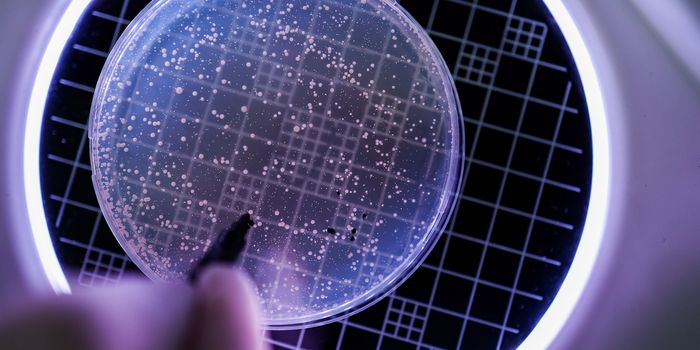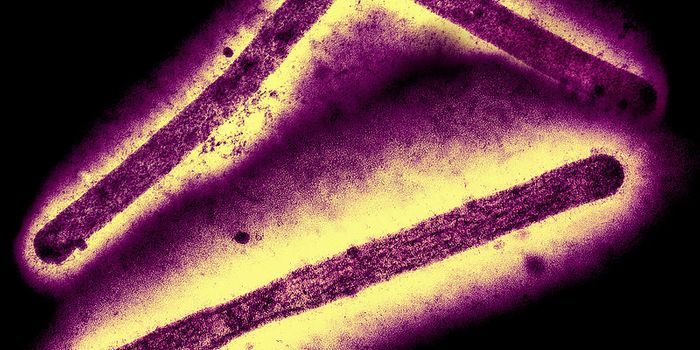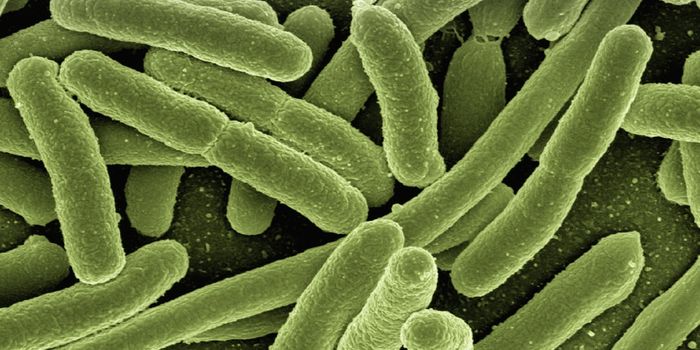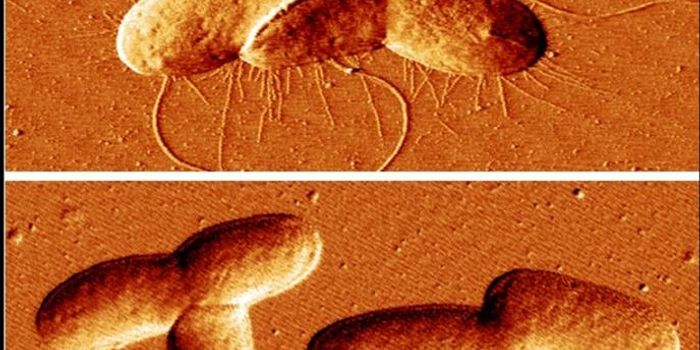Connecting Gut Microbes, Diet, and Health
Advances in genetic technologies have revolutionized biomedical research in recent years. One advance is the discovery that humans carry a massive community of microbes in our gut and these microorganisms are crucial to our health and well-being. Genetic tools have enabled scientists to collect stool samples from human volunteers or animal models to identify the microbial species in their guts. That has enabled researchers to connect certain characteristics, like a lack of diversity in the microbial community, or specific microbial strains to health conditions.
Now scientists have conducted a large study of people’s gut microbiomes, their diets, and blood biomarkers of cardiometabolic health. The work revealed fifteen specific microbial strains that are linked to a lower risk of certain disorders, fifteen linked to a higher risk, and that the food people eat is connected to the types of bacteria in their guts. Diets that are high in certain plant-based foods were also associated with a reduction in the risk of some conditions like type 2 diabetes, obesity and cardiovascular disease. The findings have been reported in Nature Medicine.
"As a nutritional scientist, finding novel microbes that are linked to specific foods, as well as metabolic health, is exciting. Given the highly personalized composition of each individuals' microbiome, our research suggests that we may be able to modify our gut microbiome to optimize our health by choosing the best foods for our unique biology,” said Dr. Sarah Berry of King's College London.
This work utilized data from 1,100 individuals in the UK. It showed that the human microbiome was more closely correlated with blood markers of metabolic disease than genetics were. A person that carried more bacteria called Prevotella copri and Blastocystis in their guts were more likely to have healthy blood sugar levels following a meal. In other cases, specific microbes were connected to lower levels of inflammatory markers and fat in the blood.
"When you eat, you're not just nourishing your body, you're feeding the trillions of microbes that live inside your gut,” noted study author and Professor Tim Spector, an Epidemiologist at King's College London.
The composition of the gut microbiome was also found to be associated with certain foods and food groups, nutrients, and the overall composition of the diet. The scientists identified markers of obesity, impaired glucose tolerance, and cardiovascular disease in the gut microbiome. These could help clinicians design nutritional plans that can improve patient health.
"I am very excited that we have been able to translate this cutting-edge science into an at-home test in the time it has taken for the research to be peer-reviewed and published," said Spector, who has started a biotech company called ZOE. "Through ZOE, we can now offer the public an opportunity to discover which of these microbes they have living in their gut. After taking ZOE's at-home test, participants will receive personalized recommendations for what to eat, based on comparing their results with the thousands of participants in the PREDICT studies. By using machine learning, we can then share with you our calculations of how your body will respond to any food, in real-time through an app."
This work added to the evidence that plant-based diets often lead to better health outcomes, but showed that it’s important to choose the right type of plant-based food. People eating high levels of unprocessed plant-based foods had more beneficial bacteria in their guts, while there were higher levels of ‘bad’ microbes in people that consumed highly processed plant-based foods.
"We were surprised to see such large, clear groups of what we informally call 'good' and 'bad' microbes emerging from our analysis," affirmed Nicola Segata, Ph.D., a professor and principal investigator of the Computational Metagenomics Lab at the University of Trento. "It is also exciting to see that microbiologists know so little about many of these microbes that they are not even named yet. This is now a big area of focus for us, as we believe they may open new insights in the future into how we could use the gut microbiome as a modifiable target to improve human metabolism and health."
Sources: AAAS/Eurekalert! via Università di Trento, Nature Medicine









